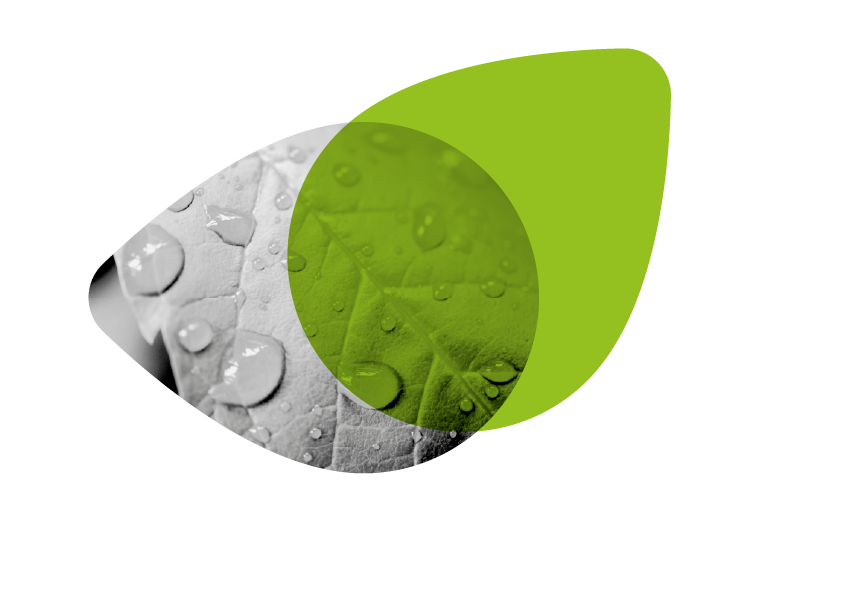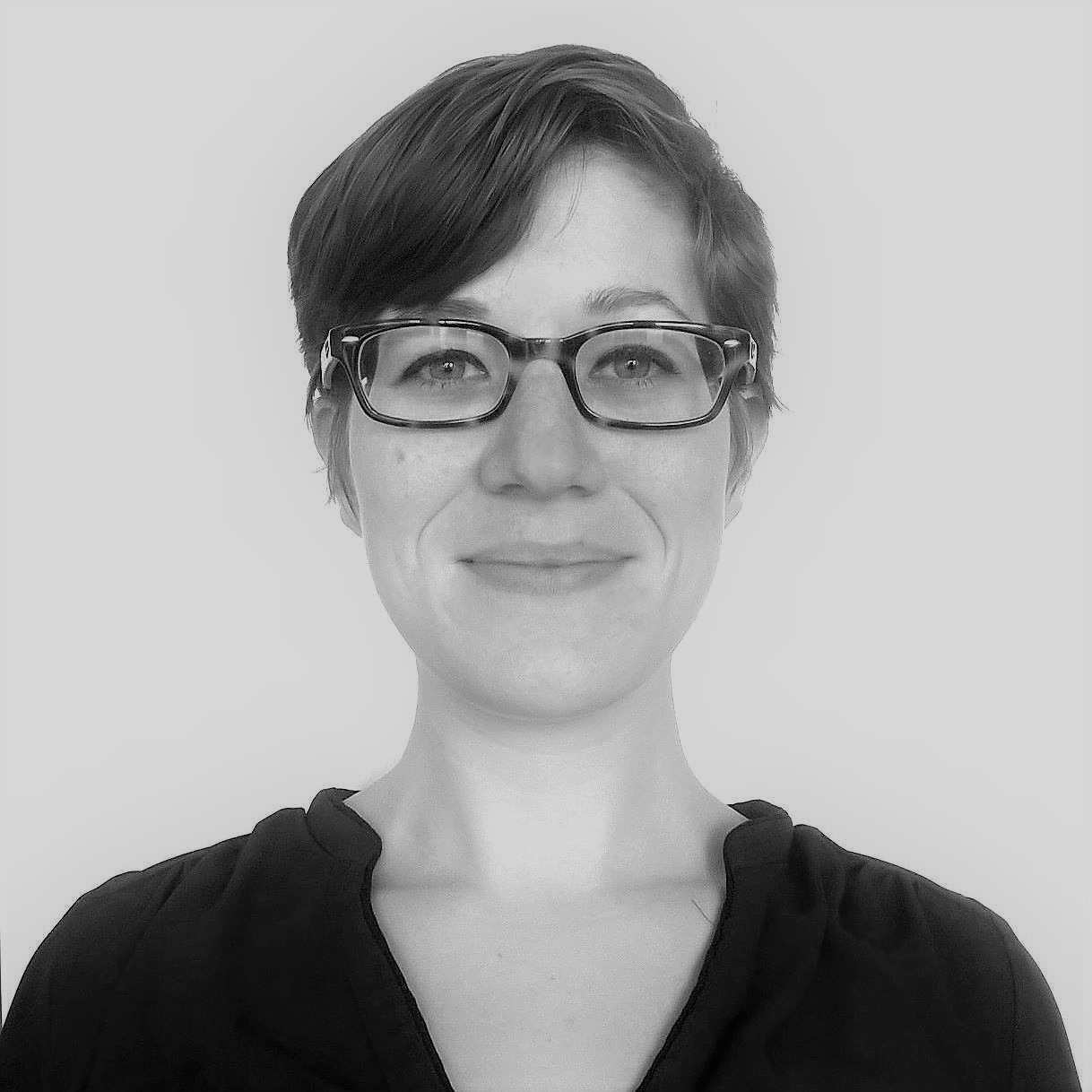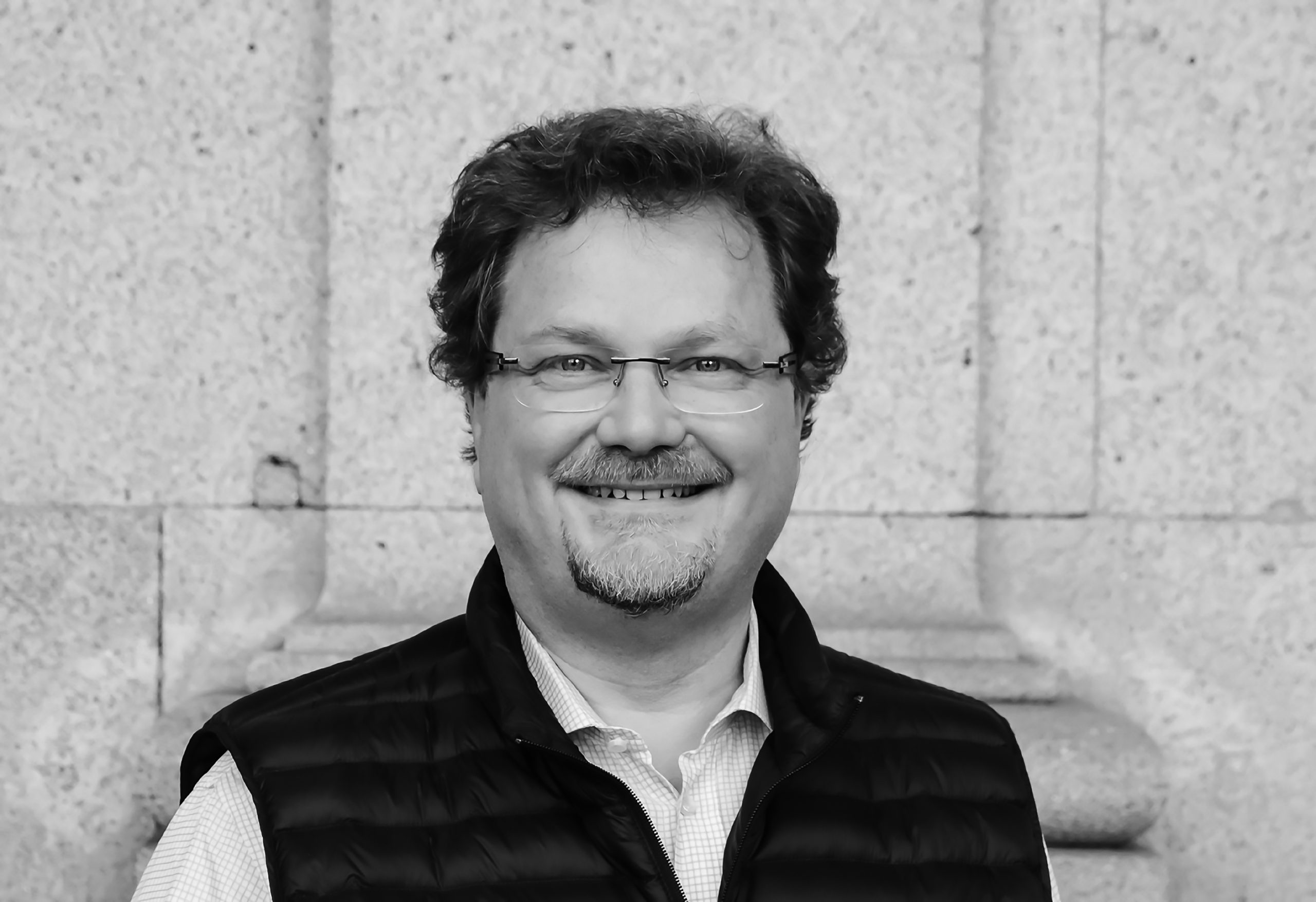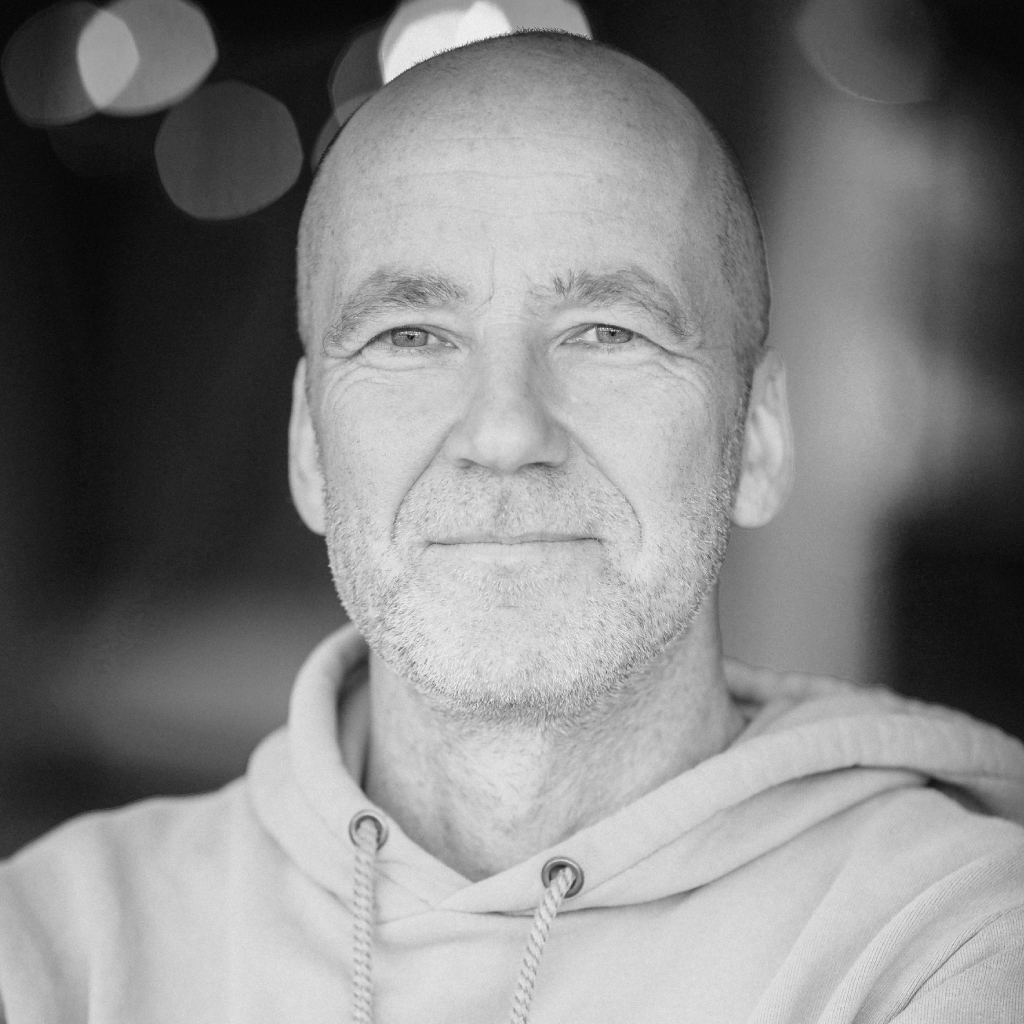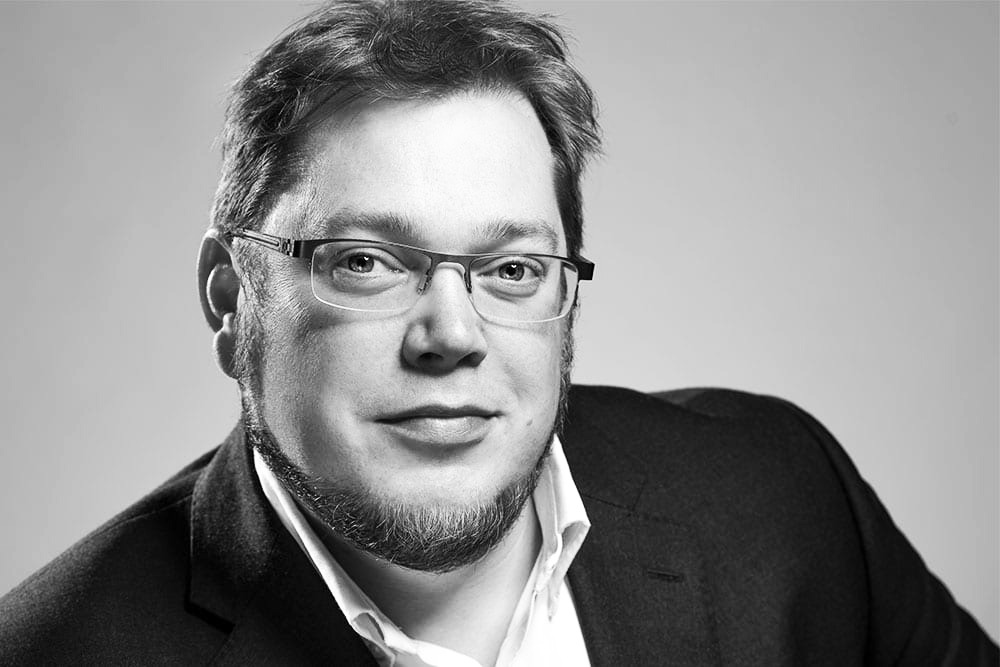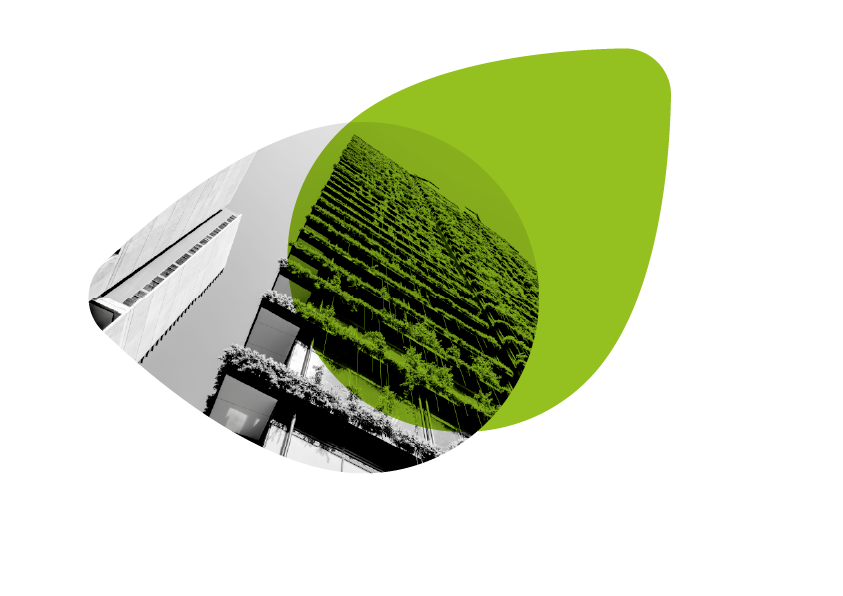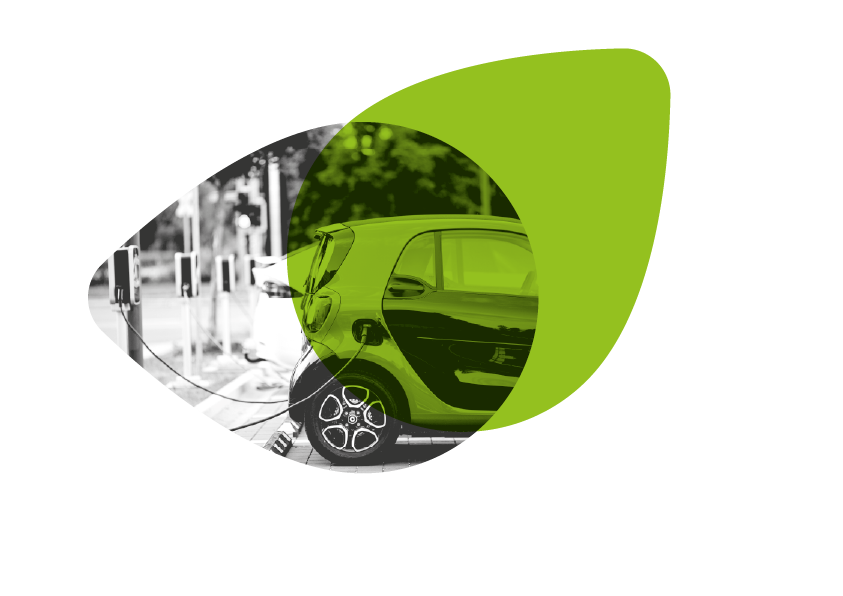Introduction
In the global pursuit of sustainability, the blue economy has emerged as a pivotal concept, particularly underscored during the 2012 Rio +20 United Nations Conference on Sustainable Development. Embracing ocean-related industries and sectors, this paradigm shift prioritizes sustainability over conventional business practices. However, assessing the efficacy of the blue economy amidst pressing ecological crises remains a complex endeavor, necessitating innovative approaches and collaborative efforts to navigate these challenges. In this context, can European funding initiatives emerge as critical drivers of cooperation, serving as vehicles to foster innovation and collective action towards sustainability?
Amidst this backdrop, the European Commission’s blue economy initiatives have catalysed collaborative efforts to address pressing challenges within the marine sector. For instance, the “Initiative for the sustainable development of the blue economy in the western Mediterranean,” launched in partnership with the Union for the Mediterranean, exemplifies a concerted effort to promote sustainability in marine activities. However, despite such initiatives, the sustainability of Mediterranean fisheries remains a pressing concern, with 90% of fish stocks in the region deemed unsustainable by the General Fisheries Commission for the Mediterranean Sea (GFCM).
In the present text, we reflect about the innovative framework gaining traction, the Doughnut Economics proposed by Kate Raworth, about the case study developed in the Mediterranean Spanish fishing sector and about delicate balance the world has to strike in order to achieve true sustainability. 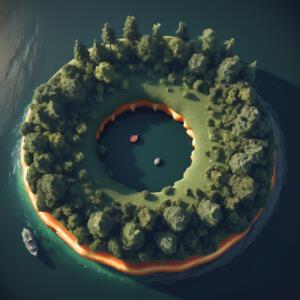
The Doughnut Economics framework and the Western Mediterranean Fisheries Case Study
The Doughnut Economics framework, introduced by Kate Raworth, presents a compelling vision for economic development that harmonizes human well-being with planetary boundaries. Represented by the iconic doughnut shape, this framework delineates the space within which humanity can thrive without overshooting the Earth’s ecological limits. At its core, the doughnut emphasizes the need for distributive and regenerative economic practices, aiming to create a more equitable and sustainable world.
Ortega’s, Coll’s and Ramírez’s case study took a look into the purse-seiners economic sector in the Northwestern Mediterranean Sea, applying the principles of the Doughnut Economics framework to assess the sustainability of fisheries within this region. The findings paint a stark picture of an industry facing significant ecological and social challenges. Despite contributing substantially to the regional economy, purse seiners operate within an ecologically unsafe and socially unjust context.
Ecological Challenges and Fisheries Management
One of the primary ecological challenges identified in this study was the overexploitation of key fish species, such as European anchovy and sardine, due to climate impacts and fishing pressure. The decline in biomass and abundance of these species underscores the urgency of transitioning towards sustainable fishing practices. The Doughnut Economics framework highlights the interconnectedness of ecological processes, emphasizing the importance of holistic approaches to fisheries management.
In summary, their analysis suggests that reducing total fishing pressure alone may not suffice to address ecological concerns. Instead, an ecosystem-based approach that considers the broader ecosystem dynamics is essential. Measures such as establishing protected areas and addressing interactions with other fisheries can help restore ecosystem functioning while minimizing adverse impacts on economic profitability. By aligning fisheries management strategies with the principles of the Doughnut Economics framework, we can strive for a more ecologically sustainable fishing industry.
Social and Economic Considerations
Furthermore, their study highlights the significant social and economic issues within the purse-seiner fishing community. Low profit margins and high reliance on catch volumes pose viability concerns for many businesses in the sector. Moreover, disparities in wages and working conditions, particularly among non-EU citizens, underscore the need for social justice and equity in fisheries management.
The Doughnut Economics framework provides a lens through which to examine these social and economic dimensions of sustainability. By emphasizing the importance of social livelihoods and governance structures, the framework encourages policymakers to prioritize initiatives that promote equitable distribution of resources and opportunities within the fishing industry. Strategies such as collective bargaining and investment in workforce development can help address the systemic inequalities identified in the study.
Moving Towards Sustainability: Challenges and Opportunities
These interesting findings prompt a reflection. True sustainability, encompassing ecological, social, and economic dimensions, presents a formidable challenge. A challenge that takes the collaboration of people, organizations and nations. Not only that, but those intricate players must leverage innovation and further develop it in order to really surpass these aforementioned challenges.
In addition, this case study does an amazing job of showing that sustainability for the sake of sustainability is not enough. Innovation for the sake of innovation, just the same, is not enough. It takes complex frameworks, trials and errors, and real minds to employ truly sustainable change. That said, and to put it simply, none of that is quite possible without money. Entering the European funding initiatives. It can be a pivotal piece in fostering cooperation among stakeholders in order to catalyze the transition towards the desired blue economy.
More specifically, European funding can play a crucial role in providing resources for innovative sustainability, such as funded research, technology, and capacity building. As stated, funding fosters is also fundamental is fostering collaboration among governments, industry stakeholders, and civil society organizations.
So, do you want to be part of the change? Reach out to us. At Impact Funding Europe, it’s our mission to be part of this process, easing it and lightening the administrative weight of it, so our partners can do what they do best: innovating and implementing.
Conclusion
In conclusion, the application of the Doughnut Economics framework to the fisheries sector offers valuable insights into the challenges and opportunities of transitioning towards sustainability. By integrating ecological, social, and economic considerations, this holistic approach provides a comprehensive perspective on fisheries management. Moving forward, it is imperative that policymakers, industry stakeholders, and researchers continue to collaborate and innovate in pursuit of a more equitable and sustainable blue economy and it is of most importance that the European funding is used to its maximum potential in order to drive change. Which is its purpose in the first place. But that purpose can only be fulfilled by making good use of the calls for proposals, and by gathering key consortiums in a deliberate attempt to design the future. That purpose can only be fulfilled by you.
If interested, check out the aforementioned article here.

